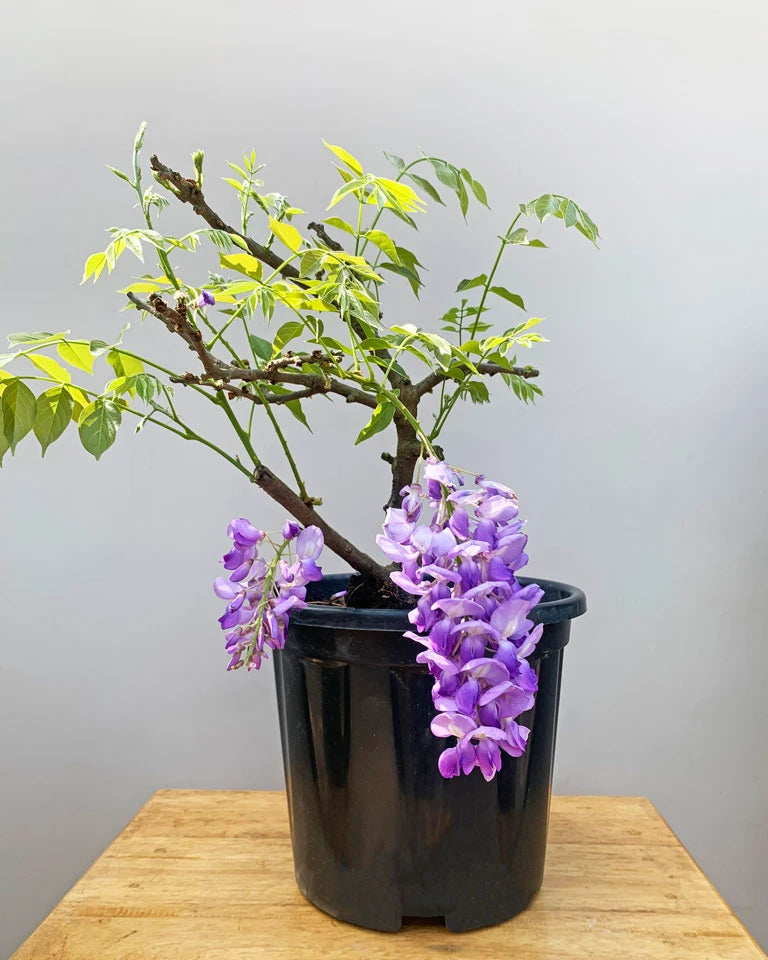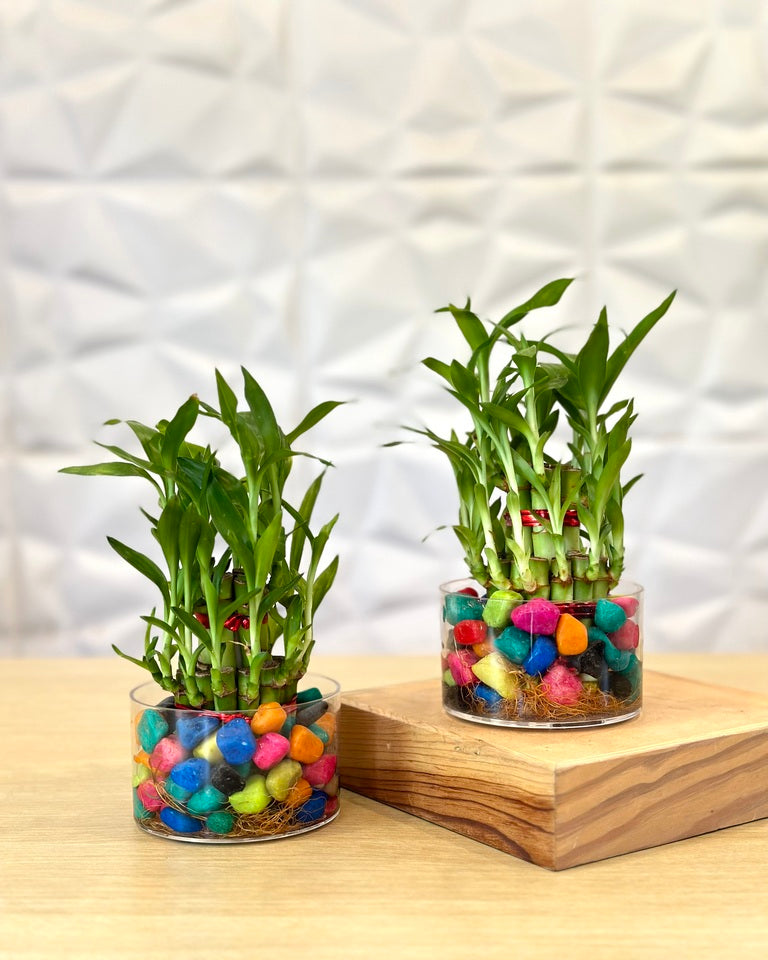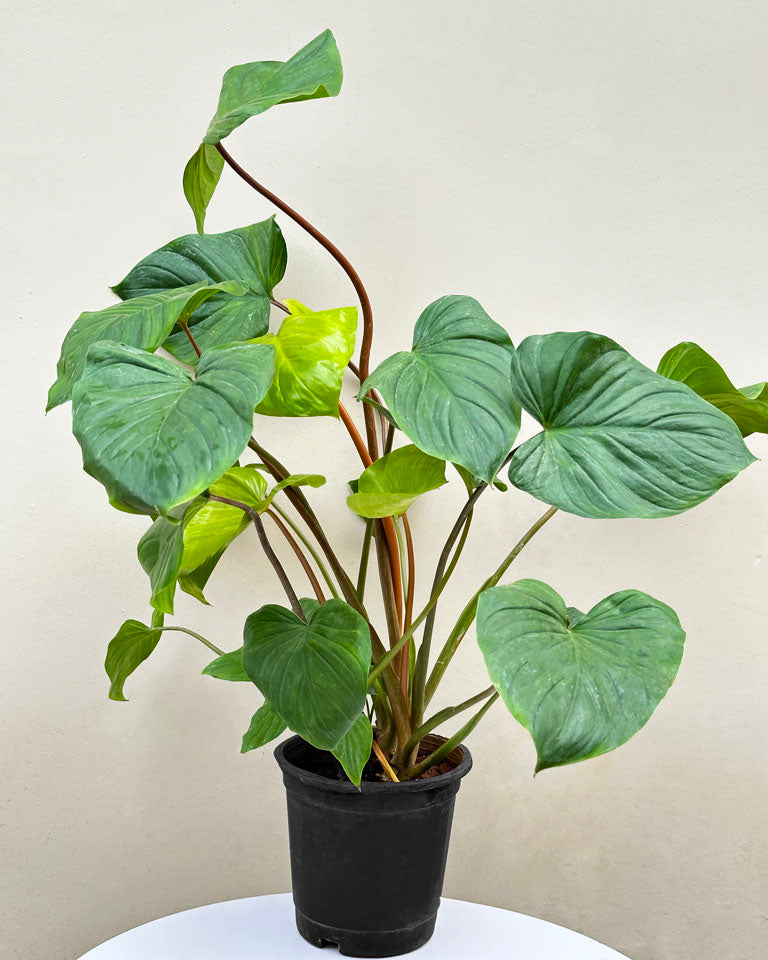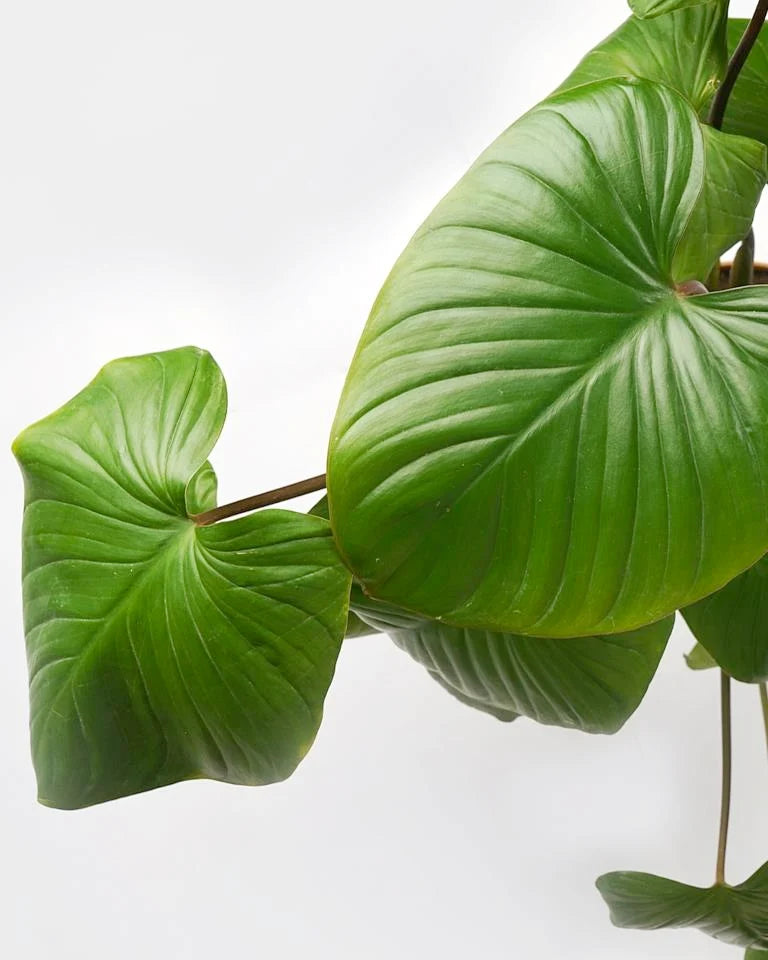
How to Get More Flowers on Your Rose Plants Using Baking Soda: A Home Remedy

Rose plants are undoubtedly some of the most beloved flora found in gardens worldwide. Their enchanting beauty, coupled with their captivating fragrance, makes them a staple in many households. However, cultivating the perfect rose garden requires dedication, patience, and a touch of ingenuity. If you're looking to enhance the bloom of your roses, there's a simple yet effective home remedy you can employ: baking soda. This natural hack, when used every two months, can work wonders in promoting lush, abundant blossoms on your rose plants.

Baking soda, also known as sodium bicarbonate, is a versatile household ingredient renowned for its myriad uses. From baking to cleaning, its applications are endless. However, its benefits extend beyond the kitchen and cleaning cupboard—it can also be a potent aid in gardening. When used judiciously, baking soda can help optimize soil conditions and foster healthier plant growth, particularly in roses.
So, how exactly does baking soda contribute to the flourishing of rose plants? Let's delve into the science behind this simple yet effective home remedy.

First and foremost, it's essential to understand the role of pH levels in soil health. pH, which stands for "potential of Hydrogen," is a measure of the acidity or alkalinity of a substance. Soil pH significantly influences nutrient availability to plants, with most plants thriving in slightly acidic to neutral soils. Rose plants, in particular, prefer a pH range of 6.0 to 6.9. When the soil strays too far from this ideal range, it can impede nutrient uptake, leading to stunted growth and lackluster blooms.
This is where baking soda comes into play. Despite being an alkaline substance, baking soda can help stabilize soil pH when used sparingly. By slightly raising the pH level, it creates a more conducive environment for nutrient absorption by the roots of rose plants. Additionally, baking soda possesses fungicidal properties, which can help deter common fungal diseases such as powdery mildew—a notorious adversary of roses.
Now, let's explore how to effectively utilize baking soda to boost the flower production of your rose plants.
Begin by preparing a simple baking soda solution. Mix one tablespoon of baking soda into one gallon of water, ensuring thorough dissolution. Be mindful not to exceed the recommended dosage, as excessive application can potentially harm your plants. Once the solution is ready, transfer it to a spray bottle for easy application.
Choose a time when the weather is mild and there's minimal sunlight to avoid scorching the foliage. Early morning or late afternoon is ideal for spraying your rose plants. Thoroughly coat the leaves, stems, and soil around the base of each plant with the baking soda solution. Pay special attention to areas prone to fungal infections, such as the undersides of leaves.
Repeat this process every two months throughout the growing season to maintain optimal soil pH and ward off fungal diseases. Additionally, regular watering and proper mulching can complement the effects of the baking soda treatment, ensuring your rose plants receive the care they deserve.
Incorporating this simple yet effective home remedy into your gardening routine can yield impressive results. With consistent application, you'll soon notice a marked improvement in the overall health and vibrancy of your rose plants. From robust foliage to abundant, luscious blooms, your garden will become a testament to the power of natural remedies.
In conclusion, nurturing thriving rose plants requires a combination of tender loving care and strategic intervention. By harnessing the power of baking soda—a humble kitchen staple—you can elevate your gardening game and cultivate a breathtaking display of floral beauty. So, roll up your sleeves, grab your spray bottle, and embark on a journey to unlock the full potential of your rose garden. With patience, dedication, and a sprinkle of baking soda magic, your roses will flourish like never before.
comments ( 9 )
I NEED A HELP HOW TO RECOVER MY LOST CRYPTOCURRENCY
I know many things could have gone wrong these past few days investing online and getting burnt. I was also in your shoes when I invested in a binary option where I got scammed of $3000 of BTC but thanks to the help of TSUTOMU SHIMOMURA They assisted me in recovering back my lost BTC. I initially didn’t trust them but I was referred to by a friend who I trust well. I was able to get my refund within the space of 24HRS. Thanks to TSUTOMU SHIMOMURA, you can also contact them Email addresstsutomushimomurahacker@gmail.com, and I’m sure you will be happy you did.
I NEED A HELP HOW TO RECOVER MY LOST CRYPTOCURRENCY
I know many things could have gone wrong these past few days investing online and getting burnt. I was also in your shoes when I invested in a binary option where I got scammed of $3000 of BTC but thanks to the help of TSUTOMU SHIMOMURA They assisted me in recovering back my lost BTC. I initially didn’t trust them but I was referred to by a friend who I trust well. I was able to get my refund within the space of 24HRS. Thanks to TSUTOMU SHIMOMURA, you can also contact them Email addresstsutomushimomurahacker@gmail.com, and I’m sure you will be happy you did.
I am Dr. Ayo Christopher, I am a Great traditional Herbal Medicine Doctor. I specialize in treating any kind of diseases and infections using Herbs Medicine. I have the Herbal Cure for Diabetes, Virginal infection, Genital, Gonorrhea, warts virus infections, Leukemia, Breast Cancer, Lung Cancer, Menopause, Hepatitis A B C and HIV and other deadly infections. I have treated more than 20 patients that have Herpes (HSV 2) and all of them were cured. My herbal medicine is 100% safe, there are no side effects and You will start seeing clear results as early as 7 days.
If you have been taking conventional medicines for that Herpes infection and you are still having those re-occurring outbreaks, why don’t you try Herbal Medicines and see it get cured in weeks. For more information, send me an
Email: ridvid8@gmail.com
Telegram: @wafri01
websitehttps:
https://ridvid8.wixsite.com/dr-ayo-herbs-home/about-5
I am Dr. Ayo Christopher, I am a Great traditional Herbal Medicine Doctor. I specialize in treating any kind of diseases and infections using Herbs Medicine. I have the Herbal Cure for Diabetes, Virginal infection, Genital, Gonorrhea, warts virus infections, Leukemia, Breast Cancer, Lung Cancer, Menopause, Hepatitis A B C and HIV and other deadly infections. I have treated more than 20 patients that have Herpes (HSV 2) and all of them were cured. My herbal medicine is 100% safe, there are no side effects and You will start seeing clear results as early as 7 days.
If you have been taking conventional medicines for that Herpes infection and you are still having those re-occurring outbreaks, why don’t you try Herbal Medicines and see it get cured in weeks. For more information, send me an
Email: ridvid8@gmail.com
Telegram: @wafri01
websitehttps:
https://ridvid8.wixsite.com/dr-ayo-herbs-home/about-5
















Bonjour
Vous mentionnez un remède au bicarbonate de soude mais il ne se trouve pas en cuisine, ce serait plutôt du bicarbonate de sodium, non ?